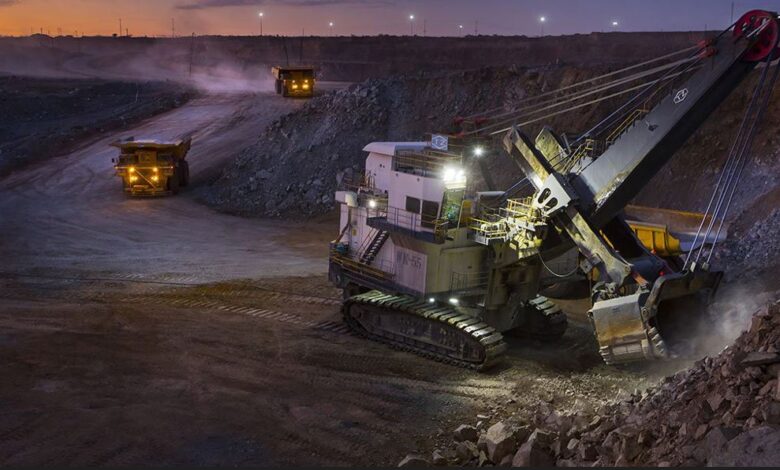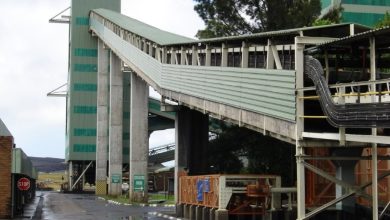
Diesel Rebate Claims for Mining Businesses
For mining companies in South Africa, following the correct procedure in filing could be the difference between getting the real value from the fuel (diesel) tax rebate claim or not. Every cent should be accounted for. As well as every litre.
In terms of the Customs and Excise Act, through the Value Added Tax (VAT) system, businesses in some sectors can claim back from the South African Revenue Service (SARS) the fuel and Road Accident Fund (RAF) levies included on every litre of fuel purchased. This alleviates the burden on a company’s cash flow, allowing the claimed funds to be directed towards meeting operating expenses.
Which business qualify
According to the National Treasury, businesses in sectors such as forestry, mining, farming, shipping, and rail, just to cite a few, qualify for diesel rebate claims. This is because they do not use road infrastructure, thus deemed it unfair for them to bear the burden of contributing to the fuel levy. Similarly, they are also exempt from contributing to the Road Accident Fund, which is used to compensate victims of road accidents.
What are the Basic steps in logging a claim?
Andrew Hancock, a tax consultant from Colebander Inc (affiliated with CustomEx Pty Ltd), says a business must be conversant with the following when logging a claim:
The Burden of Proof
From SARS’ perspective, the Burden of Proof lies with the taxpayer/diesel user. And so, a company must consider the following:
- You must prove your claim.
- You must prove every litre used.
- Your proof must be original, source record authentic and provable.
Primary Production
“Primary Production” is defined in the legislation and is where your diesel claim sits. “Primary” refers to mineral extraction. Primary Production is eligible for diesel claim.
On the other hand, Secondary Production/operations, which entail post-mineral extraction and further processing, are Non Eligible for diesel claims.
This provision is concerning: Sch 6 part 3 note 6 with specific but not exclusive reference to para (f) (Customs and Excise Act 91 of 1964).
Activities
The following activities form the critical basis for logging and claiming:
- Activities must be clearly and descriptively recorded, aligned to the respective list in the schedule.
- The source of these records must be, original, available and clear.
Logging
When logging, the following information should be considered to ensure the integrity of information:
- Anyform of software-based logging must be supported by an authentic original and provable source record.
- Electronic tagging, excel base reports, etc all require evidential supporting source records. Recent disputes that Andrew has been involved in have exposed this requirement. “Unfortunately, evidential supporting source record is often overlooked as users place heavy reliance on these systems,“ Hancock laments. “These systems (Electronic tagging and Excel-based reports) are not magical claim savers.”
- Systems that claim that no more manual record keeping is required are misleading. Such systems are very helpful in collating and consolidating data but for Sars, can lack the authenticity needed to secure the claims.
- Data compliance, authenticity, evidence, and the ability to perform full audit trails are critical.
Changes to legislation
Meanwhile, businesses are still awaiting legislation enhancements, which have been in draft form since 2017. So far, significant progress has been made, with rounds of stakeholder engagement with Sars having taken place over the last 18 months or so.
With keen interest, Hancock anticipates the conclusion of the changes. “My understanding is that the next round of stakeholder engagements in this context will revolve around logging criteria and format.”






